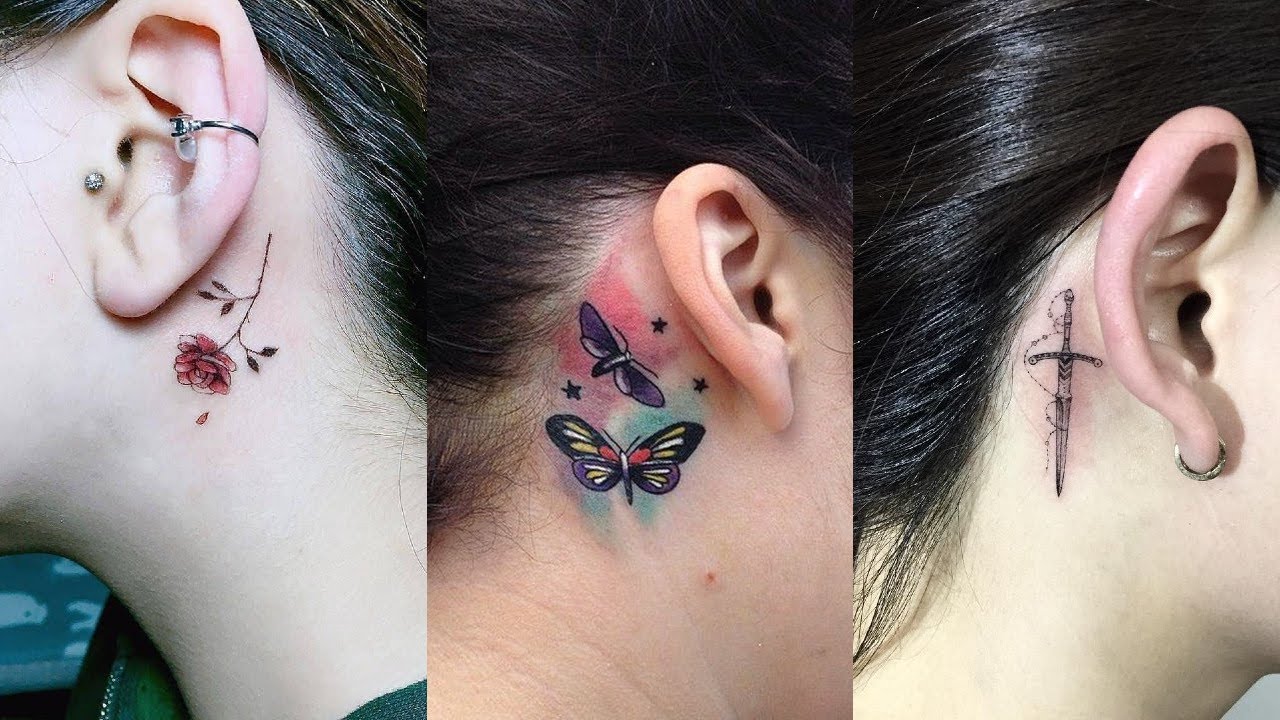Rottweiler Rottweiler Puppy
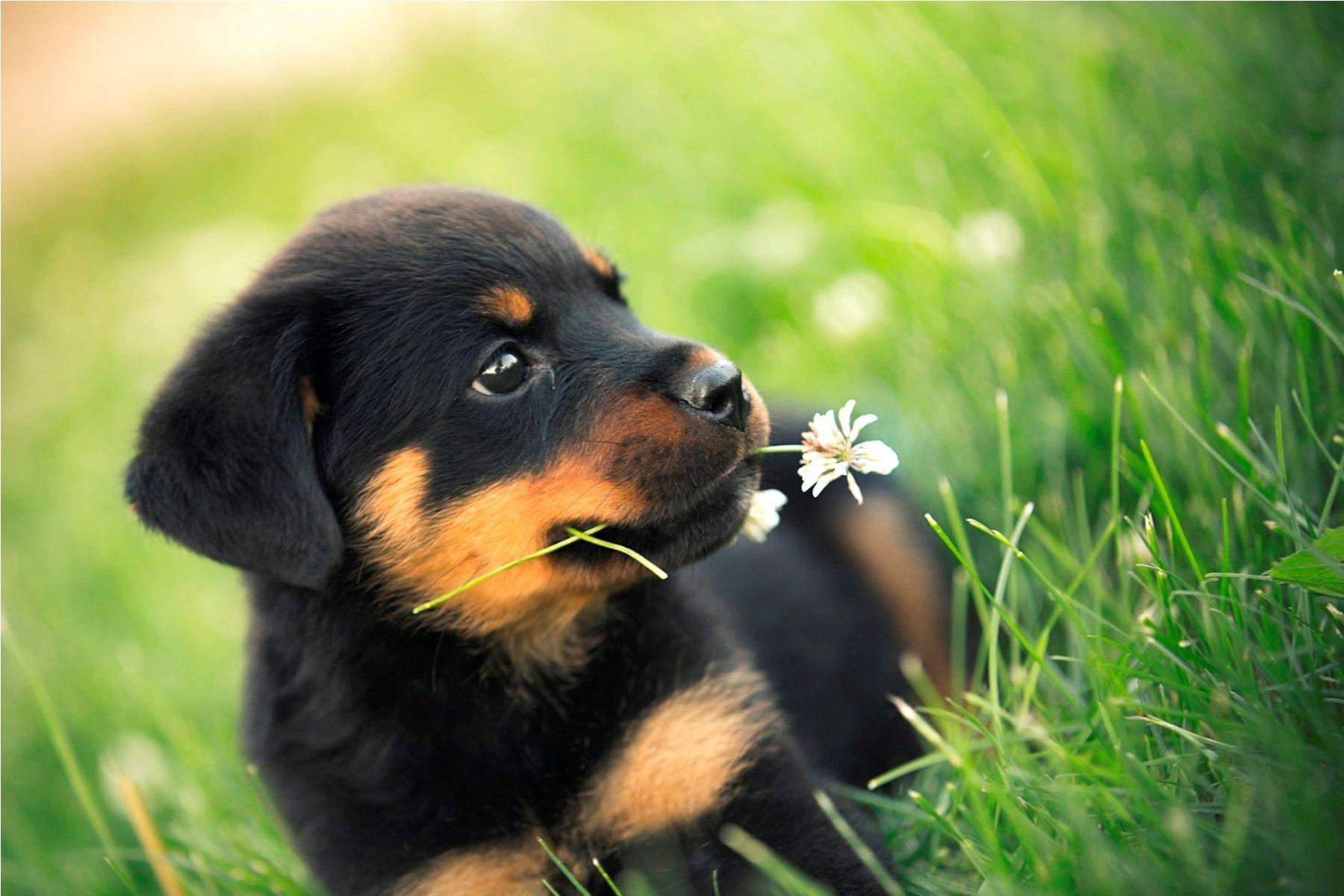
Introduction to Rottweiler Puppies
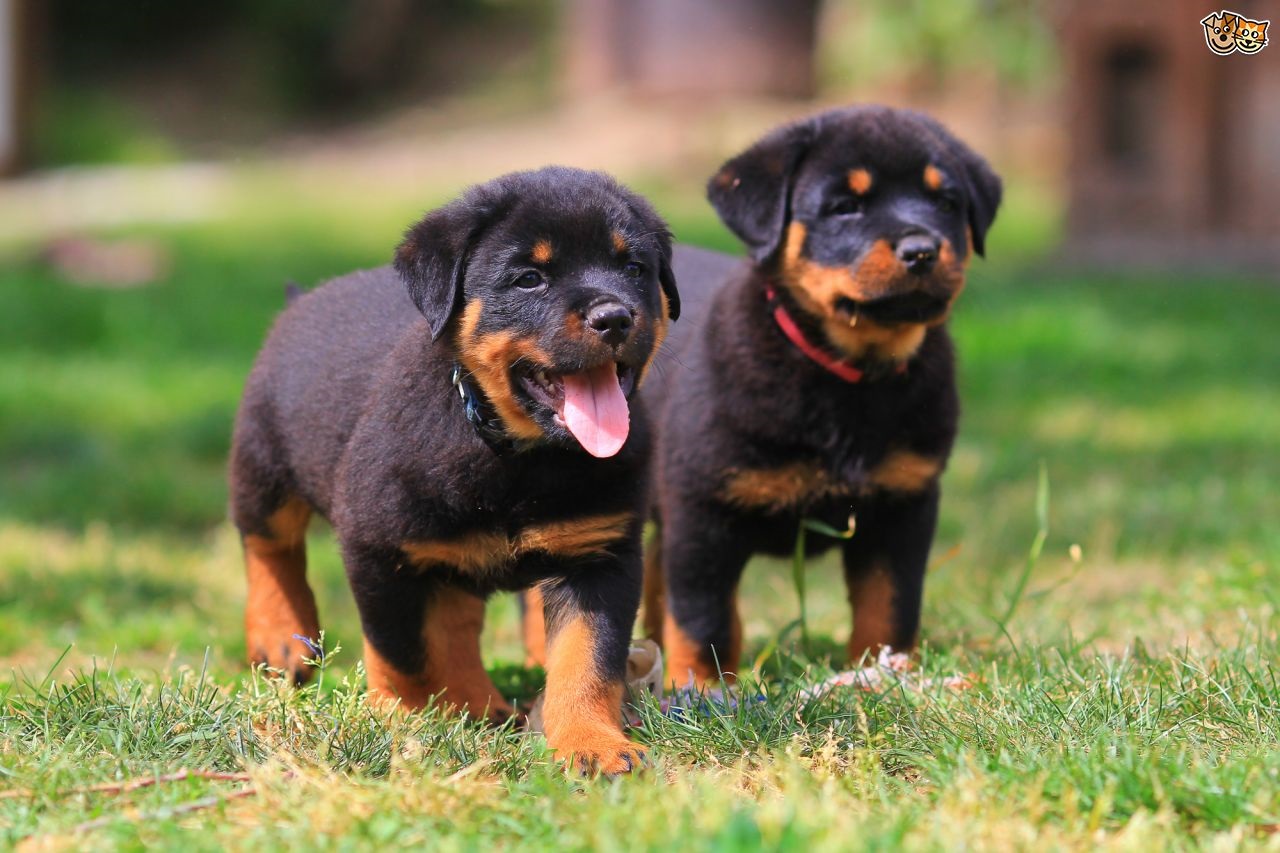
The Rottweiler is a popular breed of dog known for its loyalty, strength, and protective nature. Rottweiler puppies are adorable balls of energy and curiosity, bringing joy and excitement to many families around the world. If you’re considering bringing a Rottweiler puppy into your home, it’s essential to understand their needs, temperament, and how to care for them properly.
Understanding Rottweiler Puppies

Rottweiler puppies are born after a gestation period of approximately 58-68 days. A litter typically consists of 5-10 puppies, each weighing around 1-2 pounds at birth. As they grow, Rottweiler puppies develop a distinctive black and tan coat, which requires regular grooming to prevent matting and tangling. Their large size, muscular build, and short, dense coat make them a low-maintenance breed when it comes to grooming.
Rottweiler Puppy Care and Nutrition

Rottweiler puppies require a balanced diet rich in protein, fat, and complex carbohydrates. It’s essential to feed them high-quality puppy food that meets their nutritional needs, divided into 3-4 meals per day until they’re about six months old. As they grow, you can gradually switch to twice a day feeding. Fresh water should always be available, and it’s crucial to monitor their food intake to prevent obesity.
In addition to proper nutrition, Rottweiler puppies need regular exercise to stay healthy and happy. This includes: * Daily walks of at least 30 minutes * Playtime in a securely fenced area, such as a backyard or park * Training sessions to teach basic obedience and socialization * Plenty of rest and relaxation to prevent overexertion
🐾 Note: Rottweiler puppies are prone to hip dysplasia, so it's essential to avoid excessive jumping, running, or play that may put unnecessary strain on their joints.
Training and Socialization

Training and socialization are critical components of raising a well-behaved and well-adjusted Rottweiler puppy. This includes: * Housebreaking: teaching your puppy to eliminate outside and avoid accidents in the house * Basic obedience: teaching your puppy to respond to basic commands, such as “sit,” “stay,” and “come” * Socialization: introducing your puppy to new people, places, and experiences to help them develop good social skills and reduce anxiety
A well-structured training plan should include: * Positive reinforcement techniques, such as treats and praise * Consistent boundaries and clear communication * Plenty of patience and understanding, as Rottweiler puppies can be strong-willed and independent at times
Rottweiler Puppy Health

Rottweiler puppies are generally a healthy breed, but like all breeds, they can be prone to certain health issues. Some common health concerns include: * Hip dysplasia: a genetic condition that affects the hip joint * Elbow dysplasia: a genetic condition that affects the elbow joint * Heart problems: such as subvalvular aortic stenosis and cardiomyopathy * Allergies: skin allergies and food allergies are common in Rottweilers
Regular veterinary care, including vaccinations, check-ups, and preventative care, can help identify and manage these health issues early on.
| Age | Vaccination |
|---|---|
| 6-8 weeks | Distemper, Hepatitis, Parvovirus (DHPP) |
| 10-12 weeks | Boosters for DHPP |
| 14-16 weeks | Rabies vaccination |
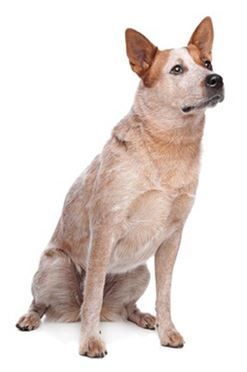
Conclusion

Rottweiler puppies are a rewarding breed to raise, with their loyal and loving nature making them a beloved companion for many families. By understanding their needs, providing proper care and nutrition, and investing time and effort into training and socialization, you can help your Rottweiler puppy grow into a happy and healthy adult dog. Remember to stay patient, consistent, and positive, and you’ll be well on your way to raising a well-behaved and well-adjusted Rottweiler.
How often should I feed my Rottweiler puppy?

+
Feed your Rottweiler puppy 3-4 times a day until they’re about six months old, then you can gradually switch to twice a day feeding.
What are some common health issues in Rottweiler puppies?
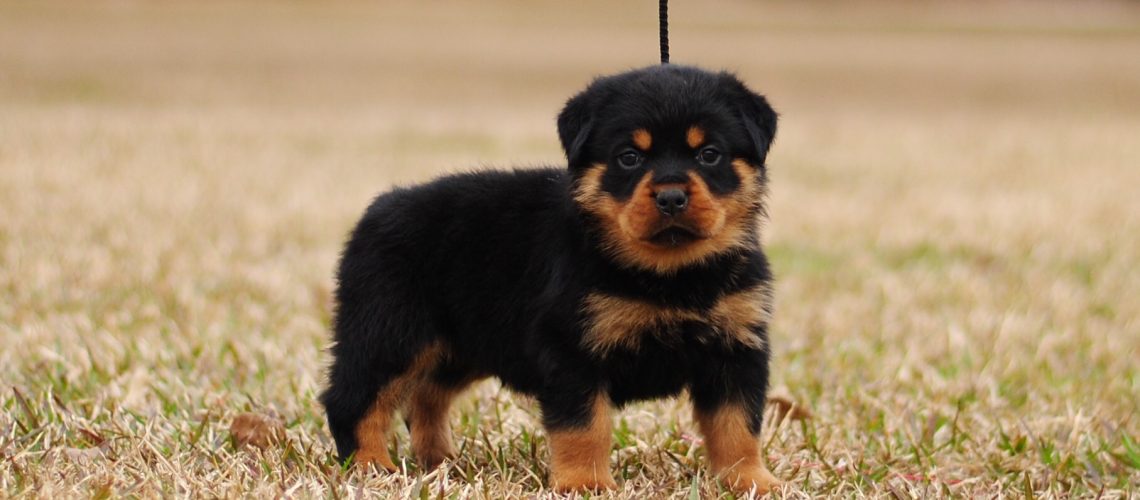
+
Rottweiler puppies can be prone to hip dysplasia, elbow dysplasia, heart problems, and allergies.
How important is socialization for Rottweiler puppies?

+
Socialization is critical for Rottweiler puppies, as it helps them develop good social skills and reduces anxiety. Introduce your puppy to new people, places, and experiences to help them become confident and well-adjusted adults.

